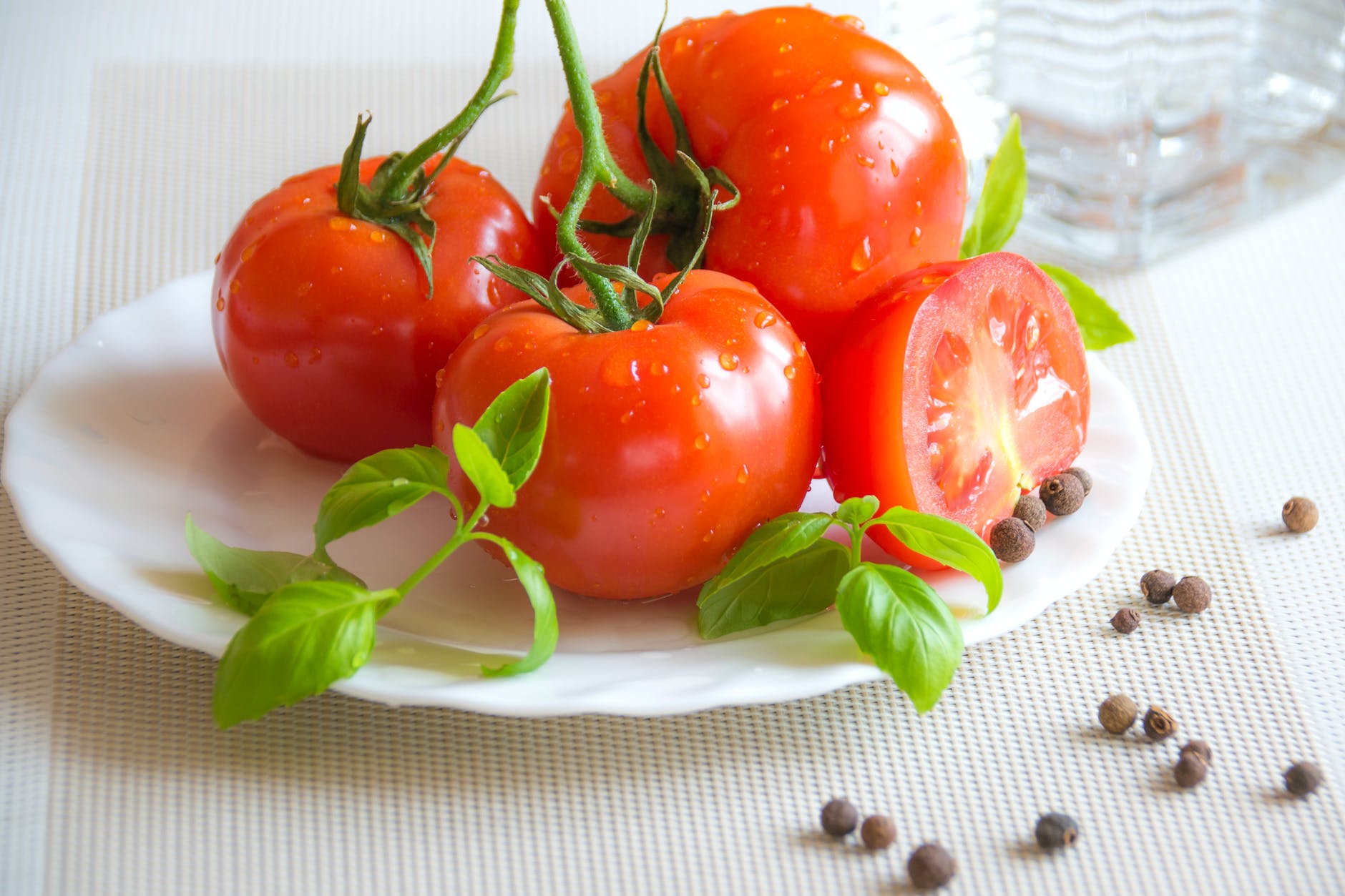
I. Introduction: The Tomato-Arthritis Debate
Tomatoes, a staple in many diets worldwide, have been under scrutiny for their potential connection to arthritis. This article delves deep into the relationship between tomatoes and arthritis, shedding light on the myths and facts surrounding this topic.
II. The Nightshade Family and Arthritis
Tomatoes belong to the nightshade family, which also includes eggplants, peppers, and potatoes. Some believe that these vegetables contain solanine, a chemical that might aggravate arthritis. But what does the science say?
1. Solanine and Inflammation
Solanine is a glycoalkaloid found in nightshade vegetables. While it’s believed to cause inflammation, scientific evidence remains inconclusive.
2. Personal Experiences
Many arthritis patients report flare-ups after consuming tomatoes. However, personal experiences can be subjective and may not apply universally.
III. Scientific Studies on Tomatoes and Arthritis
1. Lack of Concrete Evidence
To date, no scientific study conclusively proves that tomatoes or solanine exacerbate arthritis symptoms.
2. Nutritional Benefits of Tomatoes
Tomatoes are rich in antioxidants, vitamins, and minerals. Lycopene, a compound found in tomatoes, has anti-inflammatory properties and can potentially benefit arthritis patients.
3. Mayo Clinic’s Stance
The Mayo Clinic, a renowned medical institution, suggests that tomatoes might not be the primary culprit for arthritis flare-ups. Instead, other factors, such as individual sensitivities, might play a role.
IV. Rheumatoid Arthritis and Tomatoes
Rheumatoid arthritis (RA) is an autoimmune condition where the body’s immune system attacks its joints. The relationship between RA and tomatoes is often discussed.
1. Anecdotal Evidence
Some RA patients claim that eliminating tomatoes from their diet reduced their symptoms. However, these are individual experiences and might not be universally applicable.
2. The Need for Personalized Diet Plans
Given the diverse reactions to tomatoes among RA patients, it’s essential to adopt a personalized diet plan. Consulting with a nutritionist or rheumatologist can provide tailored advice.
V. The NHS and Tomatoes
The National Health Service (NHS) in the UK does not list tomatoes as a food to avoid for arthritis patients. They emphasize a balanced diet for overall health and well-being.
VI. Tomatoes: To Eat or Not to Eat?
1. Listen to Your Body
If you believe tomatoes exacerbate your arthritis symptoms, consider eliminating them from your diet temporarily. Monitor any changes in your symptoms.
2. Gradual Reintroduction
If you choose to eliminate tomatoes, reintroduce them gradually. This can help identify if they genuinely cause flare-ups.
3. Seek Professional Guidance
Always consult with a healthcare professional before making significant dietary changes. They can provide insights based on your medical history and current condition.
VII. Conclusion: Making Informed Choices
The debate around tomatoes and arthritis is ongoing. While some individuals report adverse reactions, others consume tomatoes without issues. It’s crucial to make informed dietary choices based on personal experiences, scientific evidence, and professional advice. Remember, a balanced diet, rich in a variety of nutrients, is the key to managing arthritis and promoting overall health.
FAQs
- What is the connection between tomatoes and arthritis?
While tomatoes belong to the nightshade family, which some believe might aggravate arthritis due to a compound called solanine, scientific evidence on this connection remains inconclusive. - Do all arthritis patients need to avoid tomatoes?
Not necessarily. The reaction to tomatoes varies among individuals. Some arthritis patients report flare-ups after consuming tomatoes, while others don’t experience any adverse effects. - What does the Mayo Clinic say about tomatoes and arthritis?
The Mayo Clinic suggests that tomatoes might not be the primary culprit for arthritis flare-ups. Other factors, such as individual sensitivities, might play a more significant role. - Are there any nutritional benefits to eating tomatoes?
Absolutely! Tomatoes are rich in antioxidants, vitamins, and minerals. Lycopene, a compound found in tomatoes, has anti-inflammatory properties that can potentially benefit arthritis patients. - How do I determine if tomatoes are causing my arthritis flare-ups?
Consider eliminating tomatoes from your diet temporarily and monitor any changes in your symptoms. If you notice improvement, you might be sensitive to tomatoes. However, always consult with a healthcare professional before making significant dietary changes. - What’s the stance of the NHS on tomatoes and arthritis?
The National Health Service (NHS) in the UK does not list tomatoes as a food to avoid for arthritis patients. They emphasize the importance of a balanced diet for overall health. - Are there other foods related to tomatoes that might affect arthritis?
Tomatoes belong to the nightshade family, which also includes eggplants, peppers, and potatoes. Some believe that these vegetables might aggravate arthritis, but again, scientific evidence is not definitive.
Blog Tags:
Tomatoes and Arthritis, Nightshade Family, Solanine, Rheumatoid Arthritis, Mayo Clinic on Arthritis, NHS and Arthritis, Lycopene Benefits, Arthritis Diet, Inflammatory Foods, Personalized Diet Plans.









